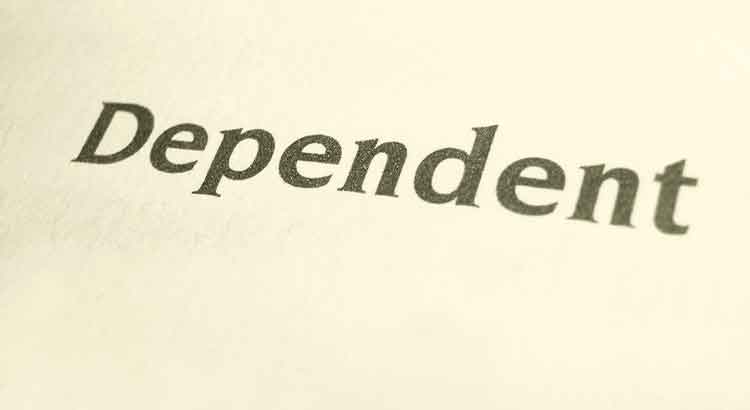It is astonishing to compare the ancient eastern texts with modern psychology, noting the gap of more than twenty centuries and the diffuse notion that the latter has revolutionized the understanding of man. Modern psychology—scientific, materialistic—limits itself to analyzing a reduced dimension of man, and if we summarize its achievements, we will say that it was responsible for creating and disseminating the idea of an inferior human model. In the Eastern texts, so ancient—and who knows when the tradition dates back to?—the human psychology is presented in a complexity that escapes to modern psychology: man is painted with a much larger dimension. All this for a very simple reason: the ancient Eastern texts were written by wise men who took their masters as a model; modern psychology is written by psychologists and psychiatrists who take their patients as a model. This is why we find in the former a vocabulary full of purification techniques, and in the latter, full of mental diseases.
Ancient Eastern Texts and Modern Psychology
